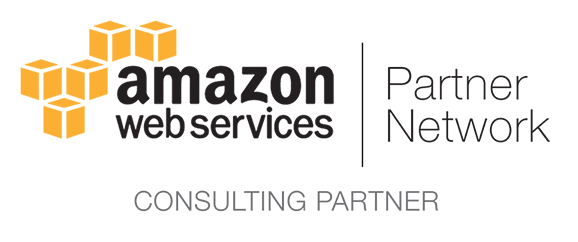If you’re searching for a Learning Management System (LMS) to improve training and education in your organization, you understand the significance of selecting the right development company. With numerous options available, the choice can be daunting. But fear not! I’m here to guide you through the process and help you find the ideal partner for your LMS project. Let’s explore the essential factors to consider when making your decision.
1. Define Your Needs
What to Do:
Before reaching out to potential companies, take some time to clearly define your requirements.
Ask yourself:
- What features do you absolutely need?
- What is your budget?
- What is your timeline for development?
Why It Matters:
Having a solid understanding of your needs will help you communicate effectively with development companies and ensure they can meet your specific requirements.
2. Research Potential Companies
What to Do:
Start by compiling a list of LMS development companies. Look for those that have experience in your industry and have successfully delivered similar projects. Here are some places to start:
Online Reviews:
Check platforms like Clutch or G2 for company ratings and feedback.
Social Media:
See what others are saying about their experiences with the company.
Word of Mouth:
Ask colleagues or industry peers for recommendations.
Why It Matters:
Researching potential partners will help you narrow down your options and focus on companies with a solid reputation and relevant experience.
3. Evaluate Their Portfolio
What to Do:
Take a close look at the company’s portfolio. Examine the LMS projects they’ve completed in the past, paying attention to:
- Design and user experience
- Functionality and features
- Client testimonials
Why It Matters:
A strong portfolio indicates that the company has the skills and expertise needed to deliver a high-quality LMS that meets your standards.
4. Check for Technical Expertise
What to Do:
Assess the company’s technical capabilities. You’ll want to ensure they are well-versed in the latest technologies and development practices. Ask about:
- Programming languages and frameworks they use
- Experience with mobile development and responsive design
- Knowledge of data security and compliance standards
Why It Matters:
The right technical expertise is crucial for creating a robust, secure, and scalable LMS that can grow with your organization.
5. Communication and Collaboration
What to Do:
Evaluate how the company communicates and collaborates with clients. You’ll want a partner who values transparency and keeps you in the loop throughout the development process.
Consider asking:
How do they handle project updates and feedback?
What collaboration tools do they use?
Will you have a dedicated project manager?
Why It Matters:
Good communication ensures that your vision is understood and that any issues can be addressed promptly. It also fosters a positive working relationship.
6. Consider Post-Launch Support
What to Do:
Inquire about the support services the company offers after your LMS is launched. Essential aspects to consider include:
Ongoing maintenance and updates
Training for your staff on how to use the system
Support channels (e.g., email, chat, phone)
Why It Matters:
Post-launch support is vital for ensuring your LMS runs smoothly and remains effective in the long term. You want to partner with a company that will be there for you even after the project is complete.
7. Discuss Pricing and Contracts
What to Do:
Before making a decision, have an open conversation about pricing and contract terms. Make sure you understand:
The total cost of the project
Any additional fees for ongoing support or updates
The payment schedule and contract length
Why It Matters:
Clear financial expectations can help you avoid surprises later on. Make sure you’re comfortable with the pricing structure and that it aligns with your budget.
8. Trust Your Instincts
What to Do:
Finally, trust your gut. After doing all your research and evaluations, consider how you feel about the company. Do they seem genuinely interested in your project? Are they enthusiastic about working with you?
Why It Matters:
A strong partnership relies on mutual trust and understanding. If you feel good about a company, it’s likely to lead to a successful collaboration.
Conclusion: The Right Partner for Your LMS Journey
Choosing the right LMS development company can be a game-changer for your organization. By defining your needs, researching potential partners, and evaluating their expertise and communication styles, you’ll be well on your way to finding the perfect match for your project.
So, are you ready to embark on this exciting journey? Have you had experiences with LMS development companies in the past? We’d love to hear your thoughts and any tips you might have in the comments! Let’s make your LMS vision a reality!






